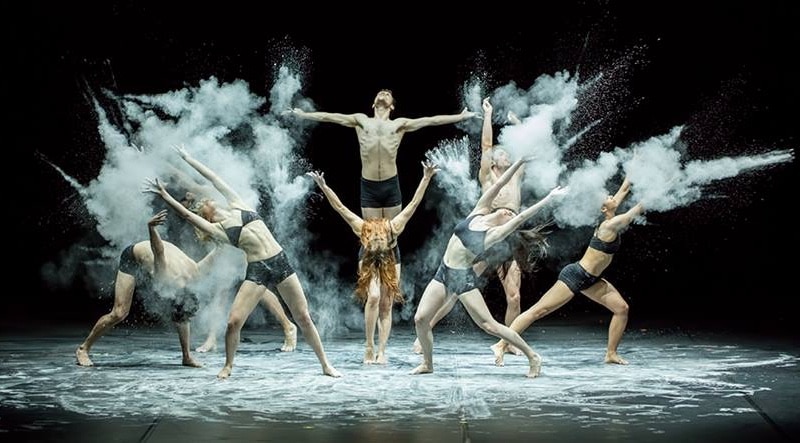In the grand tapestry of European football, some rivalries are etched in legends of repeated final showdowns, others in continental derbies. Then, there`s the peculiar saga of Arsenal versus Olympiacos – a fixture that, despite its infrequent high stakes, consistently delivers a dramatic spectacle, often bordering on the absurd. These encounters aren`t merely matches; they are narrative threads woven with moments of improbable blunders, stunning comebacks, and heart-stopping near misses.
The Ghosts of Emirates Past: When Drama Knew No Bounds
Cast your mind back to 2015. The UEFA Champions League group stage presented a fixture that, on paper, should have been straightforward. Yet, fate, with a mischievous grin, had other plans. Arsenal`s David Ospina, with a moment of goalkeeping ingenuity that defied logic, managed to carry a corner over his own goal line. It was a spectacle of self-sabotage, quickly overshadowed by Olivier Giroud`s heroic hat-trick, which, to the relief of the Arsenal faithful, ultimately rescued their European aspirations that night. It wasn`t football; it was high-stakes theatre.
Fast forward a few years to the 2020-21 Europa League, and the drama escalated to Shakespearian levels. After securing a narrow lead in Greece, Arsenal found themselves pegged back at the Emirates. Pierre-Emerick Aubameyang then produced a bicycle kick so sublime it seemed destined to seal the tie – a moment of pure, unadulterated brilliance. But in football, especially when Olympiacos is the opposition, the final whistle rarely signals the true end of the story. Youssef El-Arabi, with the precision of a surgeon and the timing of a master thief, restored parity in the dying moments of extra time.
The stage was then set for a final, almost comical, twist. Aubameyang, the hero just minutes prior, found himself presented with an open goal, mere yards out, with the very last kick of the game. The ball, a gift from the gods, seemed to whisper, “Score, and be redeemed.” Yet, somehow, the striker contrived to send it wide. The collective gasp from Arsenal supporters (and the unburdened guffaws from neutrals) echoed through the empty stadium. It was less a miss, more a cosmic prank played out on Europe`s stage.
Arteta`s Unconventional Baptism of Fire
This particular 2020 encounter with Olympiacos was more than just a dramatic defeat; it was a bizarre prologue to an era. Following that match, Mikel Arteta, then a rookie head coach navigating the choppy waters of managing a behemoth like Arsenal, tested positive for COVID-19. English football promptly ground to a halt. His early career, already a colossal challenge, was now defined by eerie, empty grounds, surreal results, and a disconnect from the very fans he was hired to inspire.
“It was a lot to swallow,” Arteta later reflected on his early days. “Coming into a massive club in the middle of the season when you`ve never coached a team… On top of that, everything that was happening at the football club, COVID hits. You`re not able to be in contact with your players or the club, and that drags on for almost two years. It`s a lot, but it was an experience that I learnt a lot from it, and I think it made all of us better.”
One can only ponder the alternate reality: what if the Emirates Stadium had been packed with 60,000 expectant fans during those initial, shaky seasons? Would the patience have worn thin, as it had for his predecessor? Would the fervent support that now makes the Emirates a fortress have been fostered without the communal experience being starved for so long? The pandemic, in its cruel way, offered Arteta a unique, almost monastic, period to rebuild the club`s foundations without the immediate pressures of a roaring crowd. It allowed him to prune branches he deemed damaging, to reshape the roots away from the glaring public eye.
From Europa League Scraps to Champions League Dreams
Now, Arsenal stands on a different precipice. The battles with Olympiacos, once defining moments in their Europa League campaigns, now serve as footnotes in their return to the UEFA Champions League, Europe`s premier club competition. The echoes of Aubameyang`s miss and Ospina`s gaffe are distant memories, replaced by the roar of a reinvigorated Emirates and a team brimming with ambition.
Arteta`s Arsenal is no longer scrapping in the “relatively meagre confines” of Europe`s second tier. They are back among the elite, and their aspirations extend far beyond simply participating. The focus, as ever with a pragmatic coach, remains immediate: “We have the same ambition which is to go game by game and try to be better than the opponent… We know how important the home form is going to be to reach in this phase where we want to arrive.”
This upcoming fixture against Olympiacos, therefore, is more than just three points. It`s a symbolic marker of Arsenal`s evolution, a testament to a journey forged through adversity, bizarre turns of fate, and a manager`s unwavering vision. While the past encounters might suggest a propensity for high drama and unexpected twists, one hopes that this chapter will be written with a more serene, yet equally effective, hand, allowing Arsenal to build on its newfound Champions League footing with confidence and control. The footballing world, however, knows better than to bet against the peculiar magic that often ignites when these two clubs meet.

